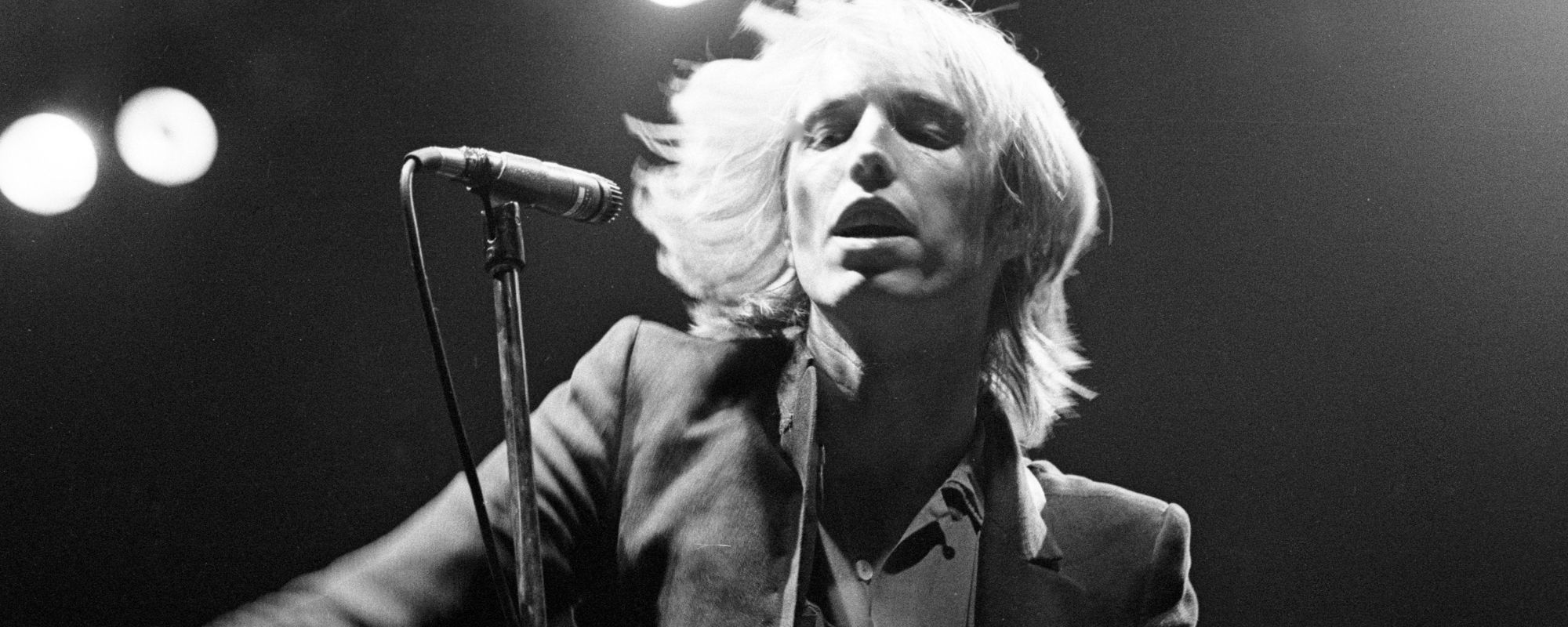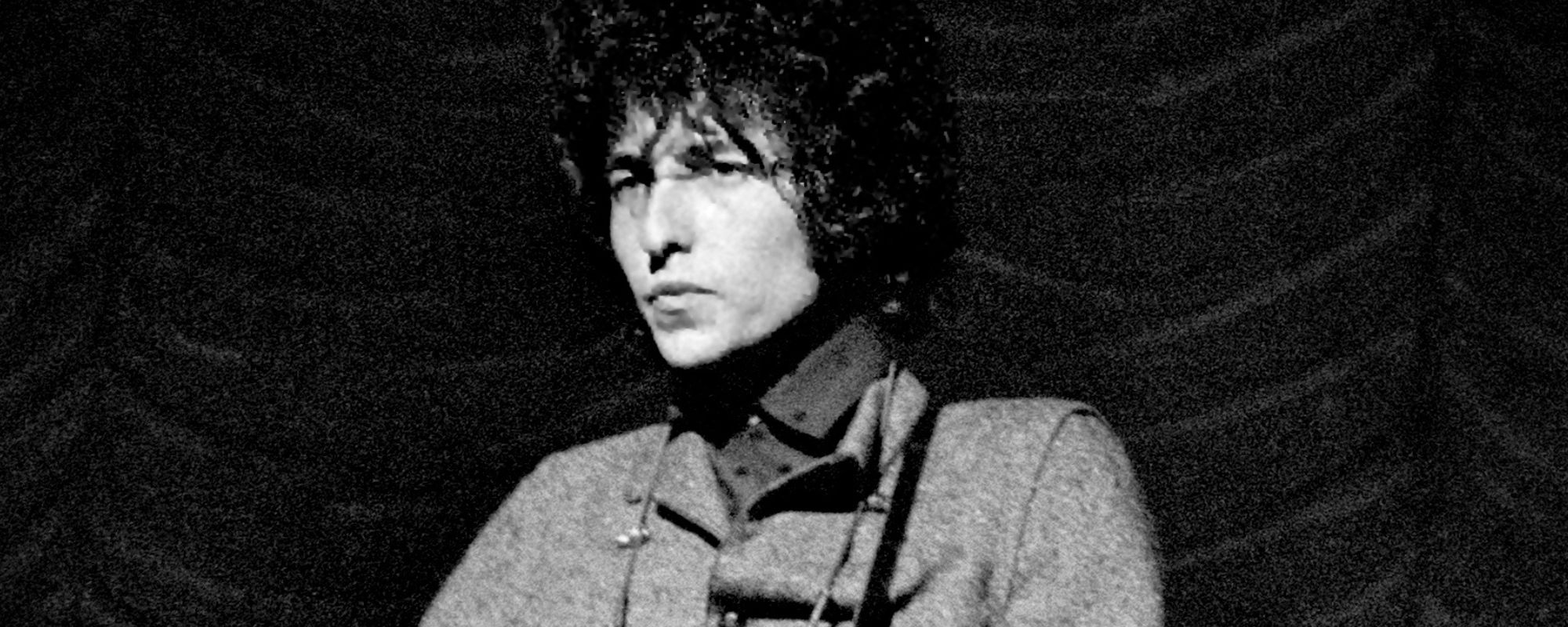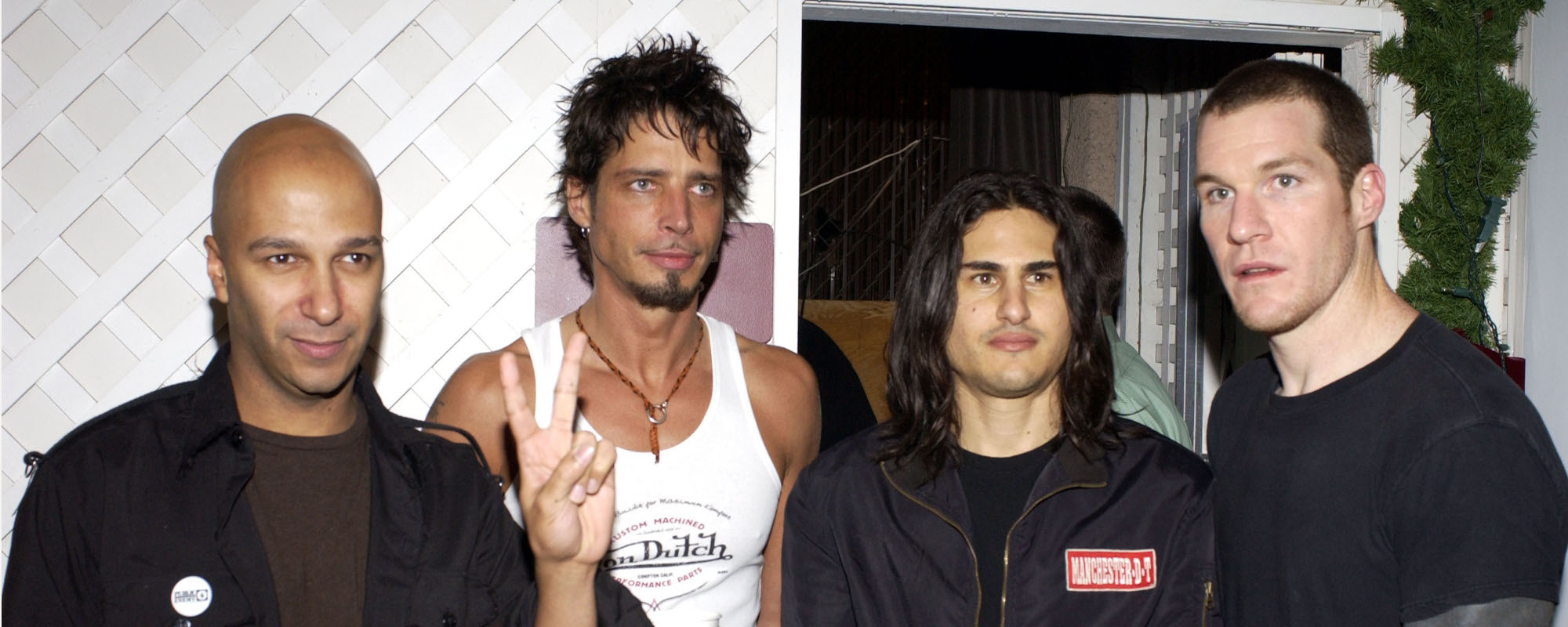One can learn about the past through various means, both academically and informally. Informally, some of the best sources that highlight the cultural emotions of any given historical event are songs. Now, factually speaking, songs are certainly lacking a certain sense of credibility. But in terms of capturing the emotional aspects of the historical scene in question, they do it incredibly well. With that in mind, here are three classic rock songs that tell some of history’s most harrowing stories.
Videos by American Songwriter
“Sunday Bloody Sunday” by U2
U2‘s “Sunday Bloody Sunday” is not a political protest song that condemns the British rule of Northern Ireland. Rather, it is a song that protests the cycle of violence occurring in Ireland from the late 1960s to the late 1990s. One of the most significant acts of violence to occur during those 30 years was the 1972 Bloody Sunday massacre in Derry, Northern Ireland, when British soldiers opened fire and killed Irish Nationalist protesters.
U2’s single of the same name depicts the harrowing historical event in a pathos-oriented detail and articulates a plea to stop the violence. The song was written and released in 1983, during The Troubles, thus bringing the conflict to the center stage of the world, more than it already was.
“Ohio” by Crosby, Stills, Nash & Young
On May 4, 1970, the Ohio National Guard responded to the ongoing anti-Vietnam War protest at Kent State University. Subsequently, the National Guard ended up firing upon a group of students and killing four of them. It was a tragic moment in regards to the relationship between the Nixon administration and the counterculture movement of the decade.
Following the shooting, Crosby, Stills, Nash & Young released “Ohio”, which is often considered one of the greatest protest songs of all time. Written by Neil Young, this is a politically charged rhetorical piece that ultimately asks the following question: Why did the four protesters have to die? A loaded question, to say the least.
“Goodnight Saigon” by Billy Joel
Billy Joel‘s 1982 single “Goodnight Saigon” doesn’t tell a story of a specific battle or instance of the Vietnam War. Rather, it generally pays homage to the soldiers who went overseas innocent and returned home jaded and scared. Brotherhood, camaraderie, and the shared trauma of the war are what Joel highlights in this soft-rock ballad.
Joel’s “Goodnight Saigon” is one of the few popular songs about Vietnam that sympathizes with the soldiers who fought. He doesn’t attack the politicians who enacted the war or refer to the domestic unrest that transpired during it. Instead, he acknowledges the sacrifices of the men who fought, voluntarily and involuntarily.
Richard E. Aaron/Redferns








Leave a Reply
Only members can comment. Become a member. Already a member? Log in.